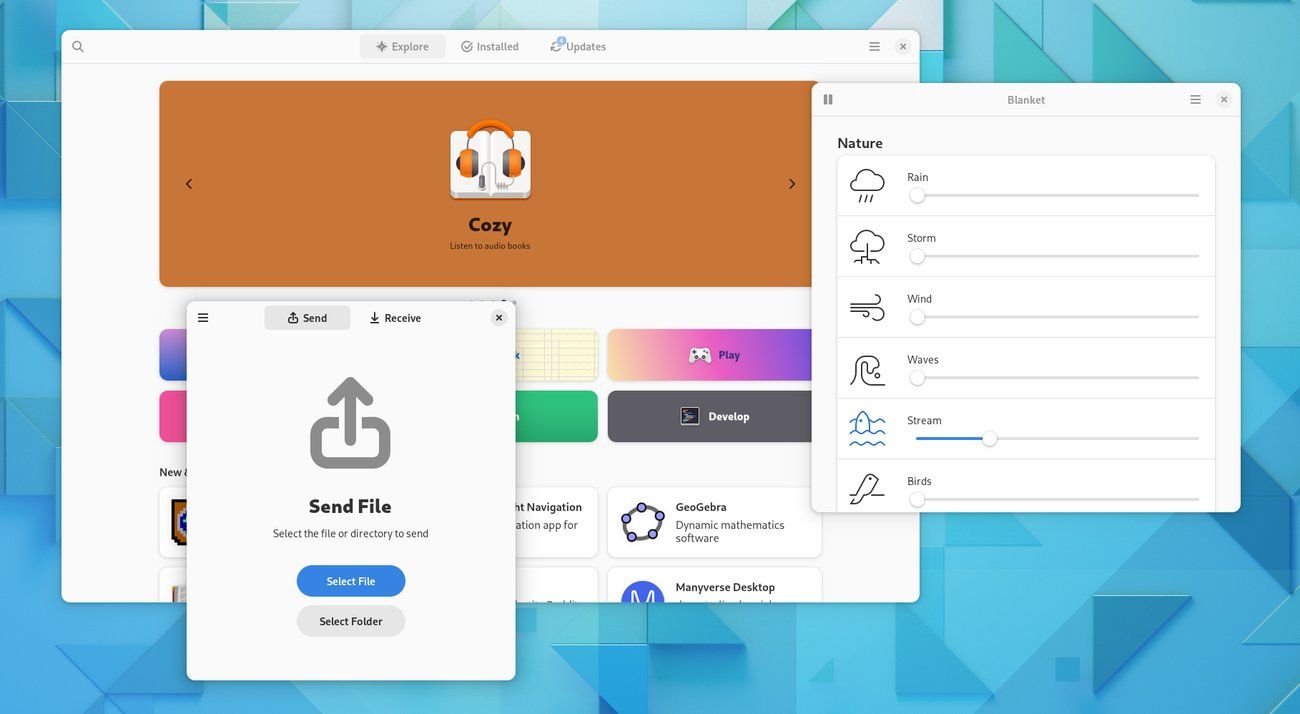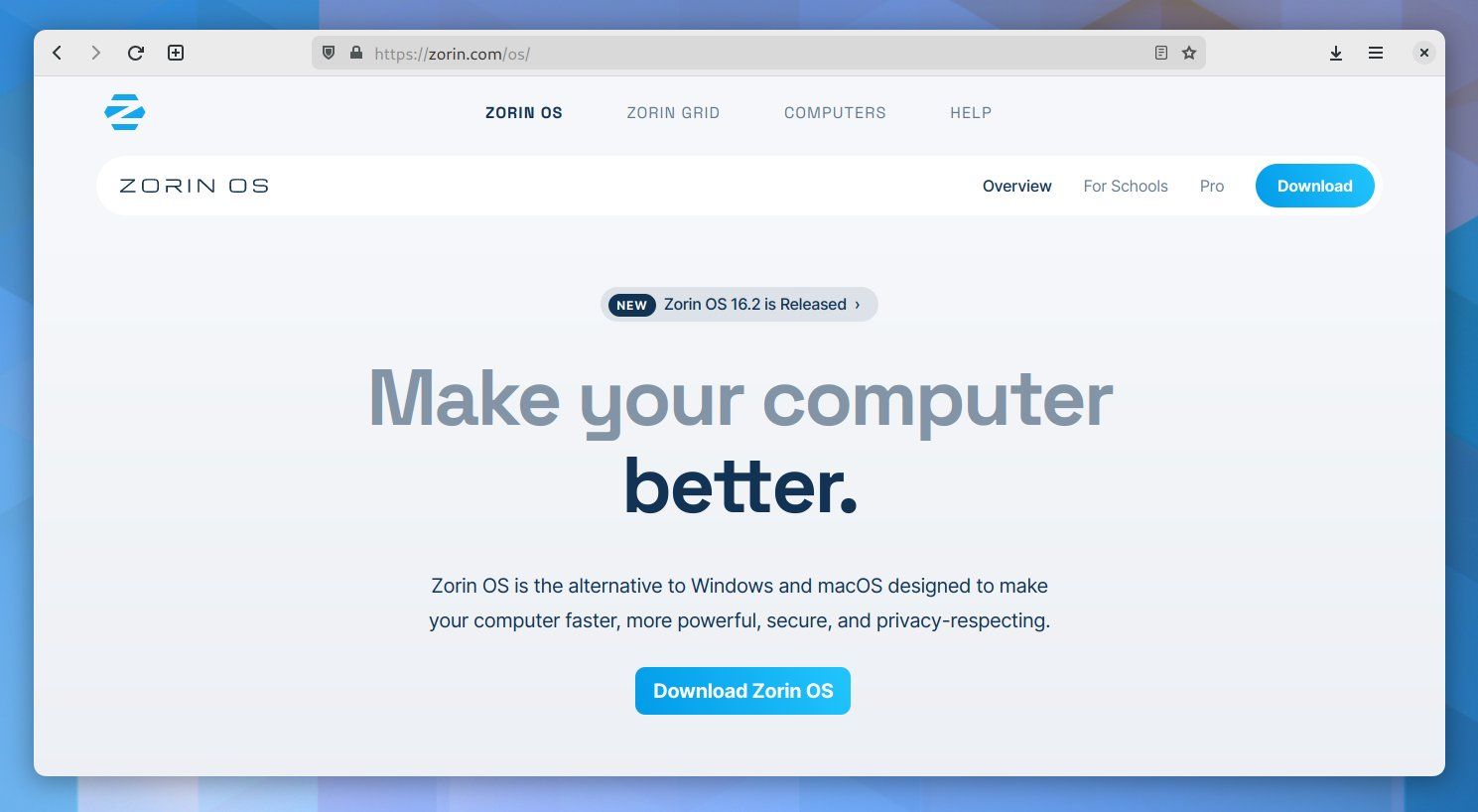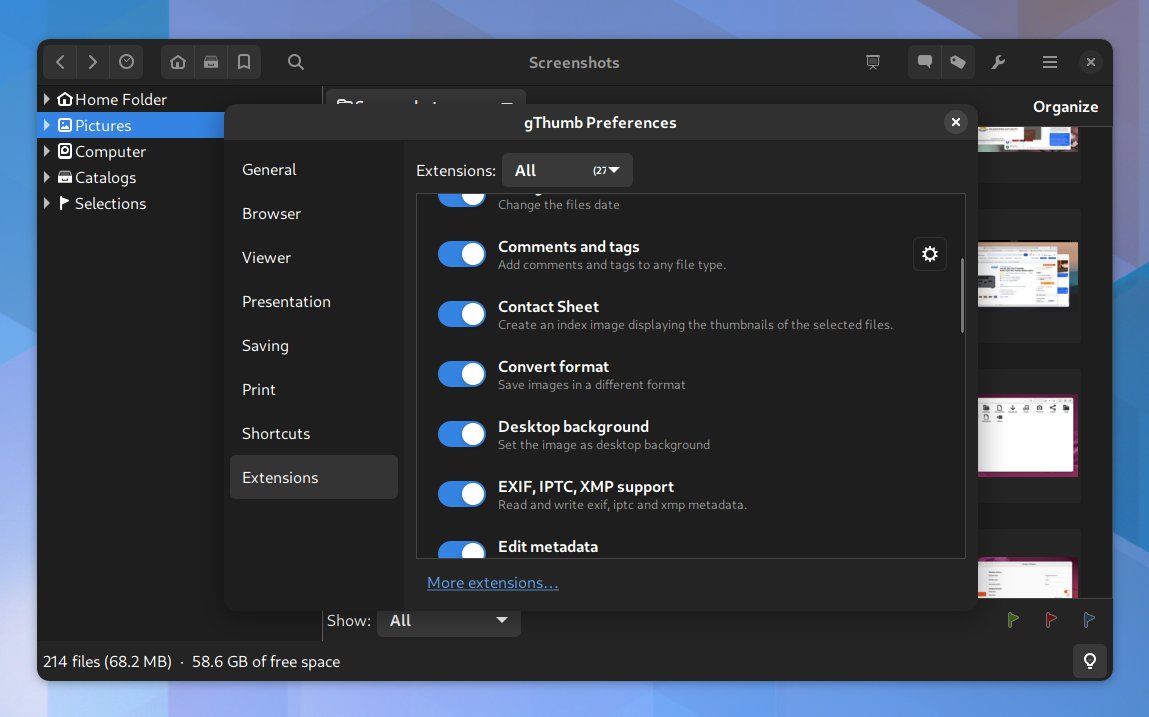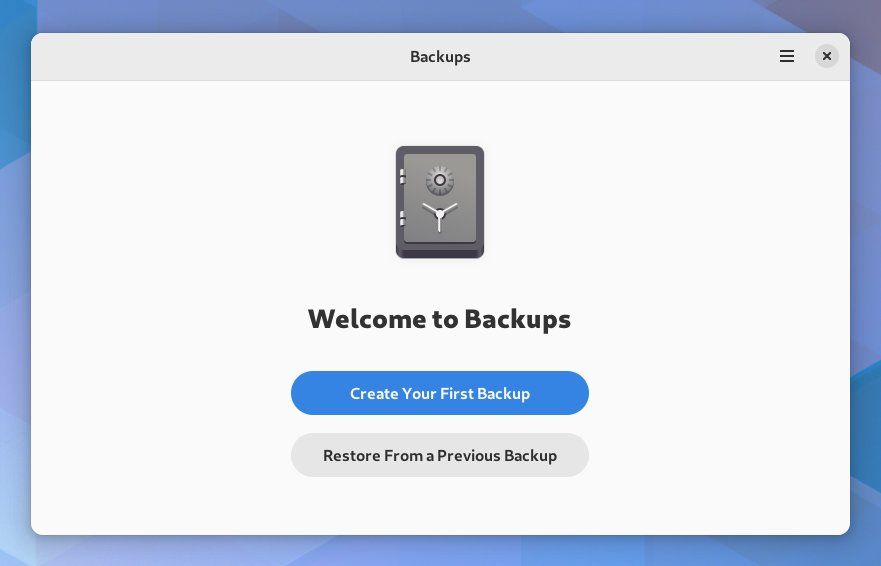There are economic good times and economic bad times. When times get tough and money's tight, it's good to have Linux on your PC. It's like driving an electric car as gas prices shoot through the roof. You aren't completely unaffected, but you do have much less stress. Why, you ask?
1. The OS and Apps Are Free
When money isn't coming through the door quickly enough, luxury expenses are the first to go. If your job doesn't require purchasing new software, it can be hard to justify purchasing a new app. And even if new software could help you with work or your studies, you may not be able to afford to make the investment.
On Linux, for the most part, finances aren't part of the equation. Virtually all Linux distros are free to download and come with free, continuous software updates. The same is true of the vast majority of programs. Whether you want to download a new office suite, take the time to learn LaTex, play around with astronomy software, or switch your video editing workflow over to a new program—you can do so for free.
You can make the case that time is money. Even if you view life this way, this isn't a weakness of Linux. Whether you switch from one operating system to another, or one app to another, there's a learning curve.
If you're juggling multiple jobs, you might not have room in your schedule for such a thing. But if you're unemployed and struggling to find a place to work, Linux provides you with free software to develop a new skill set to market to employers or perhaps use to start your own business.
2. Your Current PC Will Run for Longer
Linux isn't something that comes pre-installed on computers in big-box stores. Sure, there are many places to purchase a Linux PC online, but many people adopt Linux by installing it on a PC they already have. In the process, they typically extend the life of their machine.
Running Linux means you can expect to use the computer for as long as you want. Rather than running into the artificial limitation of a company declaring your machine end of life and unsupported, you know you will receive free updates until your computer physically falls apart or becomes too underpowered to do what you need it to do.
This makes each PC purchase a more dependable investment. And if times are hard, you can put off making hardware upgrades for longer.
3. You Can Revitalize an Old PC if You Need To
Linux's lower system requirements and lack of product license mean you can breathe new life into older machines. This opens up a world of options. If your current laptop breaks, rather than rushing to buy a new one, you can buy yourself some time by reviving an old one.
In many parts of the world, PCs are no longer the luxury product they once were. Many of us may have used one computer in high school, another computer in college, and a third computer when we landed our first job. Now we find ourselves on our fifth or sixth machine.
Yet with Linux, you can put each of those machines to good use using lightweight Linux distros, assuming you still have them and they aren't busted.
You might be surprised how well a 10-year-old PC can run the latest versions of Linux. If you can upgrade the hard drive to an SSD and add more RAM, you may find you have all the power you need. Such a computer can be especially good for younger kids who don't need a brand-new machine to watch videos or play lightweight games.
4. Second-Hand PCs Become More Appealing
If you don't have a functional old PC lying around, you can buy one. eBay and other retailers are filled with second-hand PCs available for purchase. These machines are available for substantially less than a brand new one.
Older PCs come with the perk of being more likely to have mature, stable Linux support. This means you can wipe the previous OS off the machine with greater confidence that you won't run into kinks, such as sound that doesn't work or the inability to wake your PC from sleep after putting it in your bag.
That said, there are no guarantees. Check Linux support for whichever model you're considering. Plus there are other things to keep in mind when buying a used PC regardless of the OS.
5. You Don't Need to Pay More for Features
Many apps require you to pay a fee to unlock the full set of features. Some require you to pay an ongoing subscription. The first can be a one-time setback that you squirrel away money for, but the latter becomes a fixed part of your budget.
On desktop Linux, you're free from having to deal with this at all. When you download an app, you generally receive the full set of features all at once. Some have other plug-ins or extensions you can add to increase their functionality, but these tend to be free too.
When you try out a program, you can explore its full range of functionality to see if it will be a good fit for you. And if you find one that fits your needs, you don't need to pay anything to keep access to it (though it's great to donate when you can, even if that's when money's less tight),
6. Protection From Companies Going Bust
Many programs have disappeared when the company that originally developed them went out of business. Some have undergone radical redesigns, or injected unwanted ads and tracking, as the result of an acquisition.
To understand the state of software, you almost need to understand the market. Who is competing against whom? Who is doing well, and who might go underwater within a few years?
Linux offers a great deal of insulation from the market. Rarely does open-source software go away, since someone can fork the source code and continue the project even if the original developer steps away.
Some projects go unmaintained when there isn't someone invested in continuing their development, but these programs still exist for you to install from a Linux distro's repositories or to compile the source code yourself.
Consider Canonical and Ubuntu. When Canonical deemed Unity and Ubuntu Touch commercially nonviable, it abandoned both projects. But all these years later, if you want to, you can still use Unity as your desktop environment. And if you want to use a phone running Ubuntu Touch, you can do that too.
7. Linux Nudges You to Keep Your Data Local
Many apps have transitioned from living on your desktop to living on someone else's server. These web apps are easy to charge a subscription for. And they may integrate better with cloud storage than local storage, another service that you pay extra for.
While Linux servers technically power most of these web apps, the Linux desktop follows a different trend. Most Linux programs run on your local machine. They interact with files that you save on a local drive.
While various cloud services may not offer a Linux client, it's easy to freely back up your files locally in any number of ways. Whether you turn to a flash drive, a local hard drive, or a dedicated home server.
Physical storage has dropped in price substantially, and prices continue to fall. The cost of a single year of Dropbox can buy you a hard drive that will save your files for years. So if the times come to tighten your budget, you know you have ongoing access to all of your files and the ability to back them up, without owing anyone anything.
Linux Makes Good Financial Sense
Linux is what we call a good investment. It's free to acquire and free to maintain. It provides you with access to other free programs that can help you make more money. And you keep access to all of this software, even when you don't have a dollar to spare.





